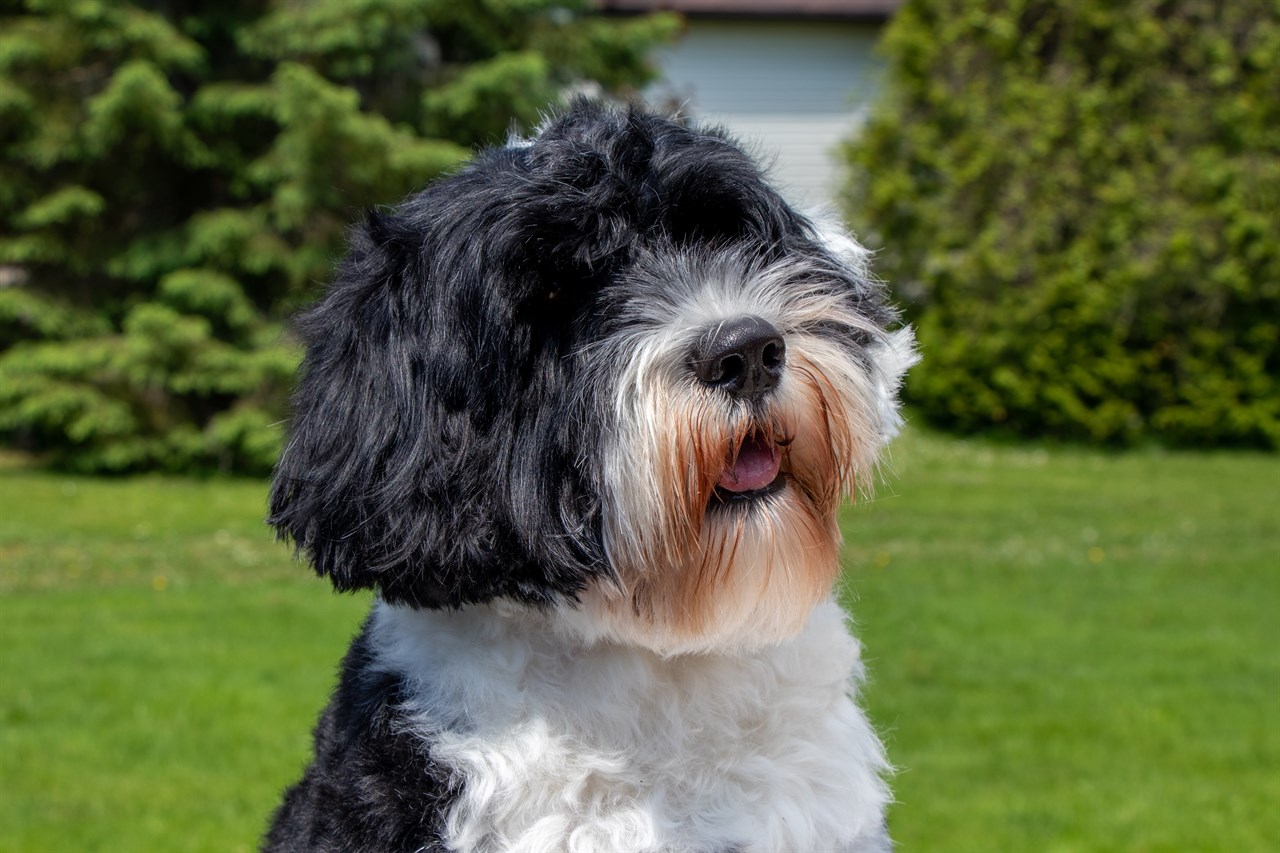Common Health Issues of the Portuguese Water Dog

Portuguese Water Dogs (PWDs) are generally a healthy and robust breed, but like all breeds, they can be prone to certain health issues. Responsible breeding practises can help reduce the prevalence of these conditions, but it's essential for owners and breeders to be aware of potential health concerns. Common health issues in Portuguese Water Dogs may include.
Hip Dysplasia
Hip dysplasia is a hereditary condition where the hip joint doesn't develop properly, leading to joint instability and arthritis. Regular screening and responsible breeding practises can help reduce the risk of hip dysplasia.
Progressive Retinal Atrophy (PRA)
PRA is a group of genetic eye disorders that can lead to gradual vision loss and eventually blindness. Regular eye examinations by a veterinary ophthalmologist can help detect and manage PRA.
Hypothyroidism
Hypothyroidism occurs when the thyroid gland doesn't produce enough thyroid hormone. Symptoms may include weight gain, lethargy, and skin issues. Treatment typically involves lifelong thyroid hormone supplementation.
GM1 Gangliosidosis
This is a rare genetic disorder that affects the nervous system. Symptoms can include seizures, muscle weakness, and neurological abnormalities. Responsible breeders test for GM1 gangliosidosis to avoid passing it on to offspring.
Addison's Disease
Addison's disease is a hormonal disorder where the adrenal glands do not produce enough hormones. Common symptoms include weakness, vomiting, diarrhoea, and collapse. Treatment involves lifelong hormone replacement therapy.
Juvenile Dilated Cardiomyopathy
Some PWDs may develop this form of heart disease, which can lead to heart failure. Regular veterinary check-ups can help monitor heart health.
Canine Hip and Elbow Dysplasia
While less common than in some other breeds, PWDs can still develop hip and elbow dysplasia, which can lead to lameness and joint pain.
Cataracts
Cataracts can occur in PWDs, leading to vision impairment or blindness. Cataract surgery may be an option to restore vision.
Ear Infections
Due to their love for water and floppy ears, PWDs are prone to ear infections. Regular ear cleaning and maintenance can help prevent issues.
Allergies
Some PWDs may develop allergies to food, pollen, or environmental factors, leading to skin problems and discomfort.
Bloat (Gastric Dilatation-Volvulus)
This life-threatening condition can occur in PWDs and is characterised by the stomach twisting on itself, cutting off blood flow. Immediate veterinary attention is crucial if bloat is suspected.
It's essential for PWD owners to work with responsible breeders who perform health screenings on breeding dogs to reduce the risk of hereditary conditions. Regular veterinary check-ups, a balanced diet, and proper exercise and grooming can also contribute to a longer and healthier life for your Portuguese Water Dog. Being aware of breed-specific health issues and early intervention can help manage and mitigate potential health concerns.
Portuguese Water Dog puppies for sale
- Find Portuguese Water Dog puppies for sale in ACT
- Find Portuguese Water Dog puppies for sale in NSW
- Find Portuguese Water Dog puppies for sale in NT
- Find Portuguese Water Dog puppies for sale in QLD
- Find Portuguese Water Dog puppies for sale in SA
- Find Portuguese Water Dog puppies for sale in TAS
- Find Portuguese Water Dog puppies for sale in VIC
- Find Portuguese Water Dog puppies for sale in WA